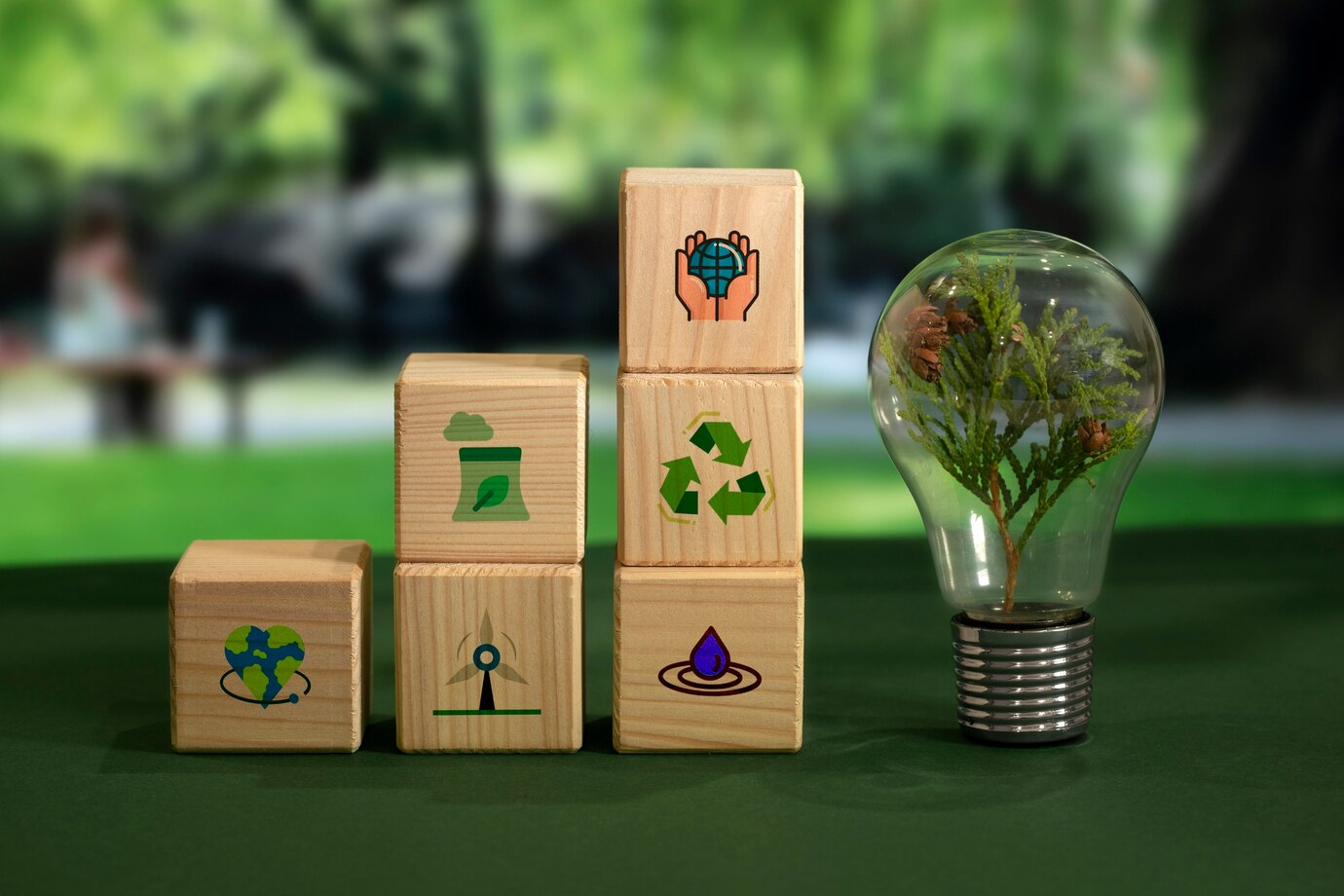As we strive to tackle environmental concerns head-on, we must also confront the numerous challenges that stand in our way. From political inertia and vested interests to limited resources and competing priorities, navigating the path to sustainability requires resilience, creativity, and strategic thinking. In this article, we explore some of the key obstacles we face and outline strategies for overcoming them.
1. Political Will and Policy Prioritization
One of the most significant barriers to addressing environmental concerns is the lack of political will and commitment to take meaningful action. Governments often face pressure from powerful vested interests, such as the fossil fuel industry, which can influence policy decisions and stifle progress. Overcoming this challenge requires strong leadership, public advocacy, and grassroots mobilization to hold policymakers accountable and demand action on environmental issues.
2. Economic Considerations and Cost-Benefit Analysis
Another obstacle to environmental action is the perception that sustainability initiatives are costly and economically burdensome. However, this fails to account for the long-term benefits of investing in environmental protection and sustainability, including improved public health, reduced resource depletion, and enhanced resilience to climate change. Shifting the narrative to emphasize the economic opportunities of transitioning to a green economy, such as job creation, innovation, and market competitiveness, can help overcome this barrier.

3. Technological and Infrastructural Limitations
Advancing environmental solutions often requires access to technology, infrastructure, and expertise, which may be lacking in many regions, particularly in developing countries. Bridging this gap requires investment in research and development, capacity building, and technology transfer to ensure that all communities have the tools and knowledge they need to implement sustainable practices. Public-private partnerships and international cooperation can also play a crucial role in facilitating technology transfer and knowledge sharing.
4. Social and Cultural Factors
Cultural attitudes and societal norms can also pose challenges to environmental action, particularly in areas where traditional practices conflict with conservation goals or where environmental issues are not prioritized. Overcoming these barriers requires engaging with local communities, respecting indigenous knowledge and practices, and fostering a sense of ownership and stewardship over natural resources. Education, awareness-raising, and participatory decision-making processes can help empower communities to become champions for environmental conservation.
5. Global Cooperation and Collective Action
Many environmental challenges, such as climate change and biodiversity loss, are inherently global in nature and require coordinated action at the international level. However, achieving consensus and cooperation among diverse nations with competing interests can be a daunting task. Building trust, fostering dialogue, and promoting multilateralism are essential for overcoming geopolitical tensions and forging partnerships to address shared environmental concerns. Initiatives such as the Paris Agreement and the Convention on Biological Diversity provide frameworks for global cooperation and collective action, but ongoing efforts are needed to strengthen and enforce these agreements.
Conclusion
While the road to addressing environmental concerns is fraught with challenges, it is not insurmountable. By recognizing and confronting the barriers that stand in our way, we can develop strategies to overcome them and build a more sustainable and resilient future for all. From political will and economic incentives to technological innovation and social engagement, each of us has a role to play in overcoming these challenges and creating a world where people and planet thrive togethe
